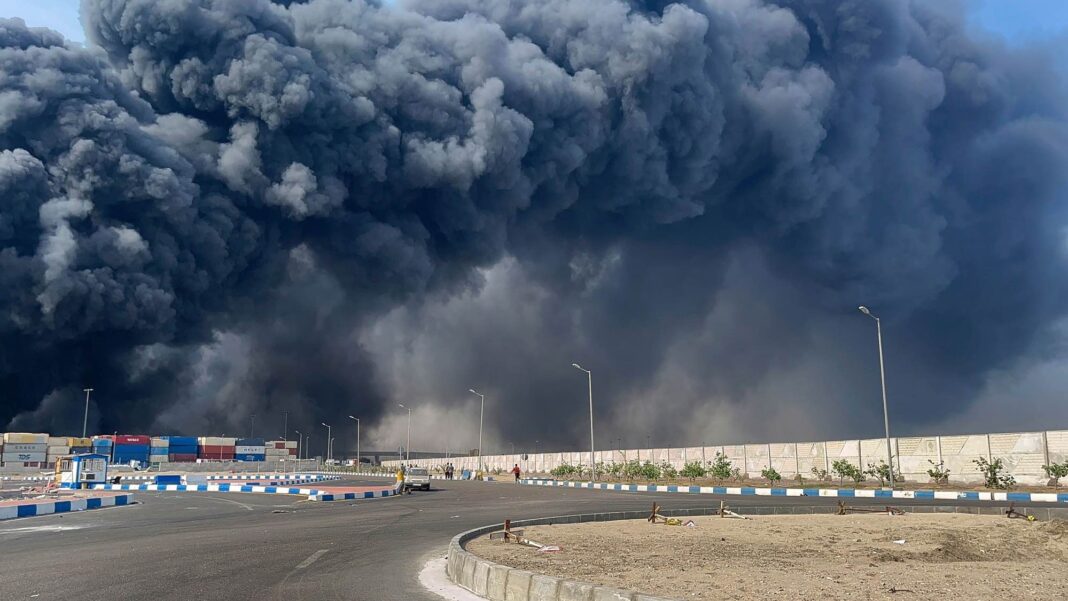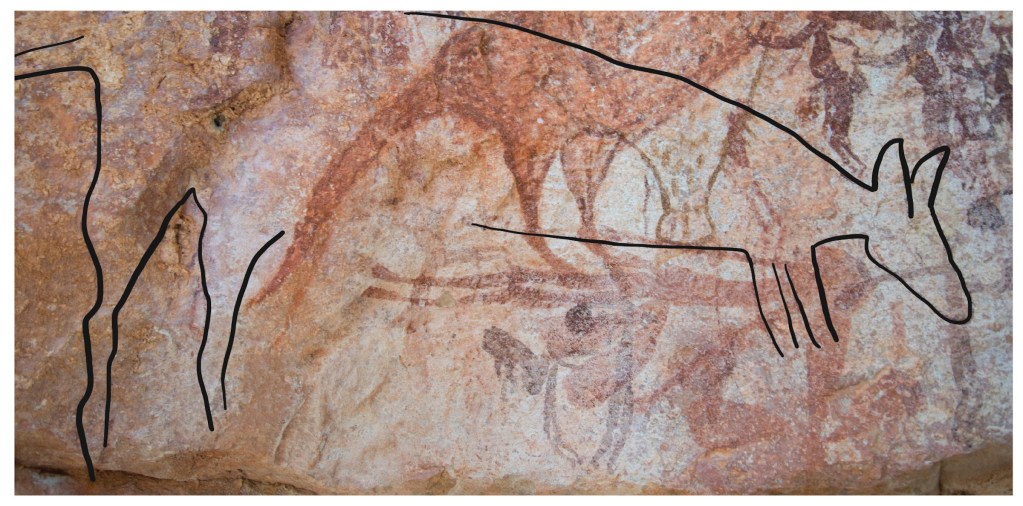May 18, 2025
by The Ghost of HST
I just stayed in an Airbnb in Aguada, Puerto Rico. It was a clean, modern complex with nine separate units wrapped around a small central courtyard. Each had its own patio furniture, LED mood lighting, and a lockbox entry system. Only one was occupied — mine.
The others stood empty, still and echoing, their silent refrigerators humming behind digital door codes no one was punching in. The check-in instructions had been laminated in English, Spanish, and the quiet grammar of economic retreat. It wasn’t a hospitality business anymore. It felt like a mausoleum for a passive income dream that never fully materialized. Actually, now that I think about it, it reminds me a lot of my career.
I never met the owners, but I felt bad for them. You could sense their good intentions in the details — the decor, the cleanliness, the mini-sculptures of feminine bodies arranged carefully on end tables. You could feel the effort. Somebody had even logged into HBO on the TV, God bless them.
Airbnb isn’t dying with a bang. It’s rotting with a quiet shrug.
For years it sold a fantasy — that anyone with a spare room or a second mortgage could become a global hospitality brand. The platform promised connection, cultural exchange, and a frictionless stream of income. What it delivered, in many places, was a glut of housing pulled out of local supply, a rise in evictions, and eventually an economy made of keypads and strangers who stopped showing up.
In cities like Los Angeles and especially my beloved Venice Beach, New Orleans, Barcelona, Austin, Lisbon, Tulum — and increasingly in smaller towns from Maine to Maui — entire neighborhoods have been hollowed out, their long-standing residents long chased out of town. And in their place are short-term rentals… that nobody is renting.
The idea that you could list a furnished unit, charge $300 a night, and let the algorithm handle the rest was never sustainable at scale. In 2021, maybe. But in 2025, most of these properties aren’t businesses — they’re unpaid interns for speculative real estate. The demand is no longer there, but the mortgages are. And the algorithm doesn’t refund your cleaning fees or fix your vacancy rate.
Even Airbnb knows the party’s over. In some markets they’ve stopped showing how many listings exist. In others, they’ve started manipulating visibility to keep the illusion of high occupancy alive. But scroll long enough and you’ll see it: calendars wide open, reviews from six months ago, hosts slashing prices with a desperation that doesn’t show up in the promo videos.
And it worked — in 2018 to maybe 2022. But in 2025, the world has changed. The unintended consequences of Trump’s trade war continue to ripple outward. Supply chains are snapping, tourism patterns are shifting, and investment confidence is buckling in strange and uneven places. It’s almost as if rash behavior carries echoes far beyond the original tantrum. Could the contraction in global travel now be exacerbating the slow bleed of the Airbnb economy? Maybe. But it’s also cultural. The people who left the cities, myself included, didn’t just leave — they adapted. They built new lives. And they’re not coming back. What happens now?
The entire system is drifting into a ghost state. And it’s not just the rentals. It’s the people who built their futures around them.
The digital nomad influencer who convinced their followers to buy three condos in Medellín now lives in Tampa and works in UX. The 28-year-old “superhost” who bought a duplex in Joshua Tree now rents it out on Zillow for half the mortgage and prays every time it rains. The former tenants who were priced out of their own cities now drive past empty listings they once called home.
Back in Aguada, the wind blew against a row of unlocked beach chairs. The building was perfect for Instagram, but useless without guests. No one was coming. Not that week. Maybe not next week either. Really, probably not until after hurricane season has slowly wound its way through the Caribbean. I may have been the last guest for the season. Six months of no rentals — ouch.
I sat on the balcony, watched the sky go orange, and listened to the hum of an air conditioner cooling a room no one was sleeping in. That sound used to mean comfort. Now it just meant overhead.
And the app? It’s still chirping “check-in available” like nothing happened — as if the entire economic model built over centuries could be overthrown in an instant, replaced with laminated instructions and dynamic pricing. As if cities weren’t living organisms, but spreadsheets waiting to be optimized. As if the old systems — tenants, neighborhoods, culture — were just inefficient clutter. As if rent control, community, permanence — were just sentimental inefficiencies clogging up a platform built for frictionless extraction.
The rent-stabilized neighbors are gone. The artists left years ago, reluctantly, dragging their broken leases and last good ideas behind them. What’s left is a brave new world of laminated promises, $175 cleaning fees, and algorithmic hospitality with no one left to welcome.
Filed from a rental unit with polished tile floors, fast Wi-Fi, and nothing but ghosts for neighbors.
—The Ghost of HST
“”” # Render plain text version for reading soup = BeautifulSoup(final_html, ‘html.parser’) text_output = soup.get_text(separator=’\n’, strip=True) text_output


